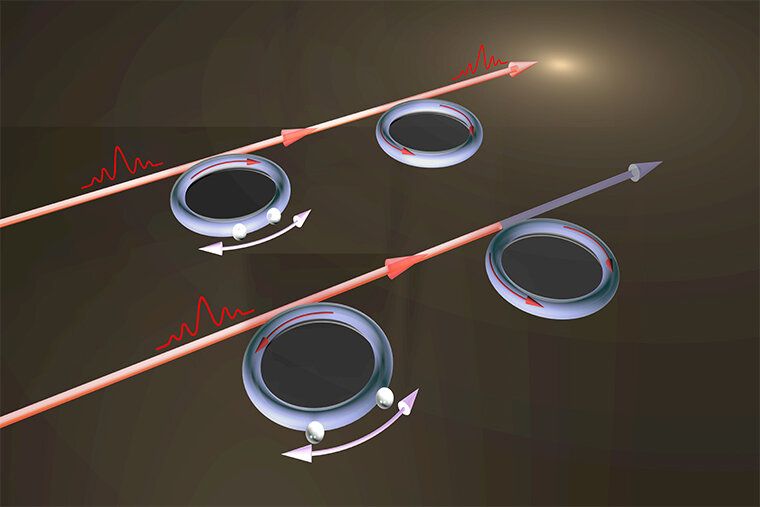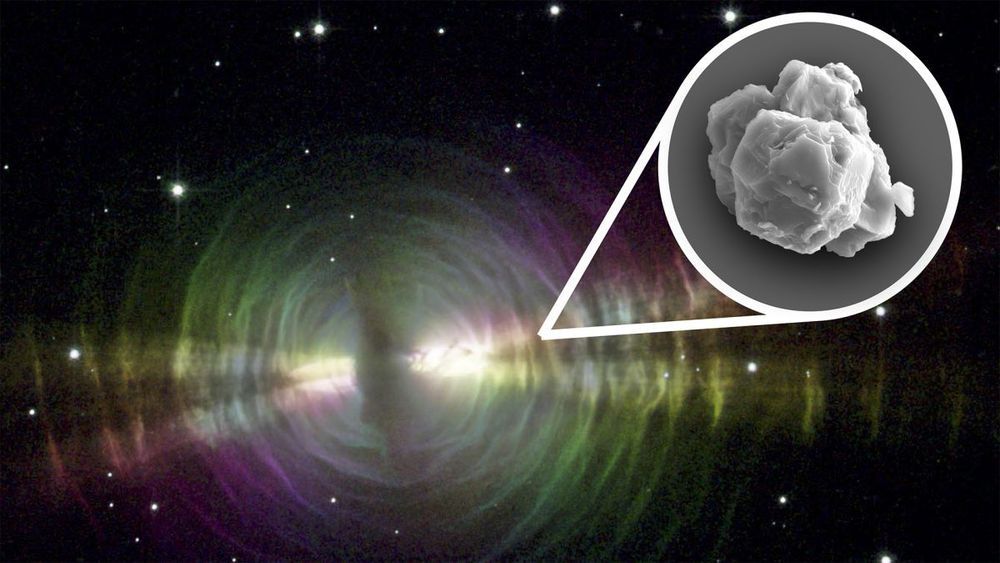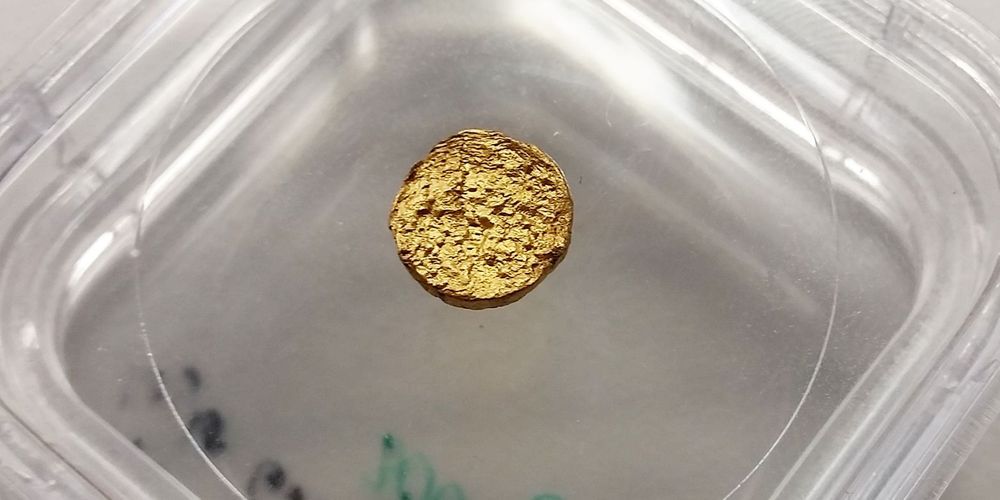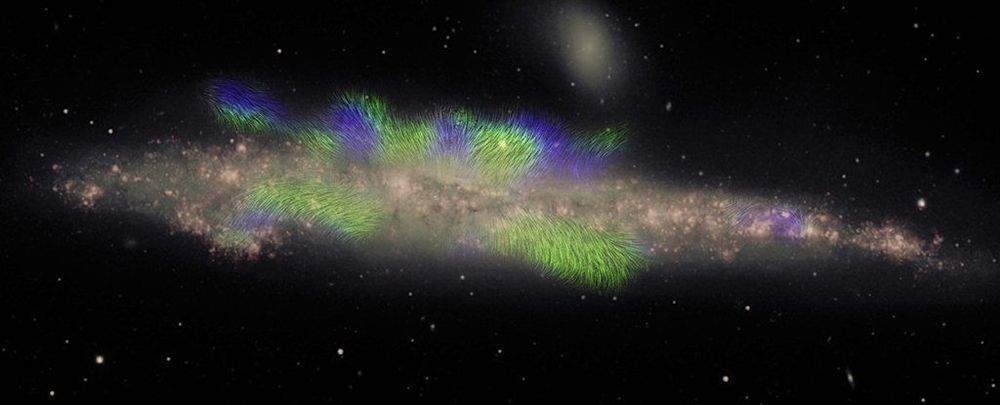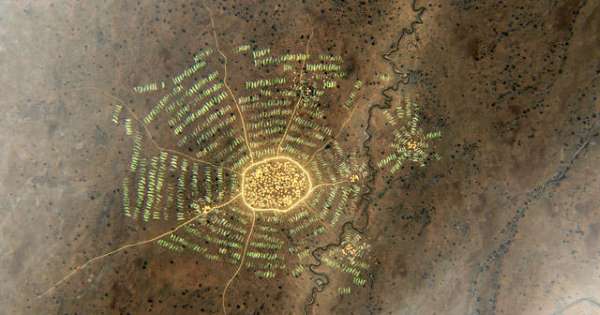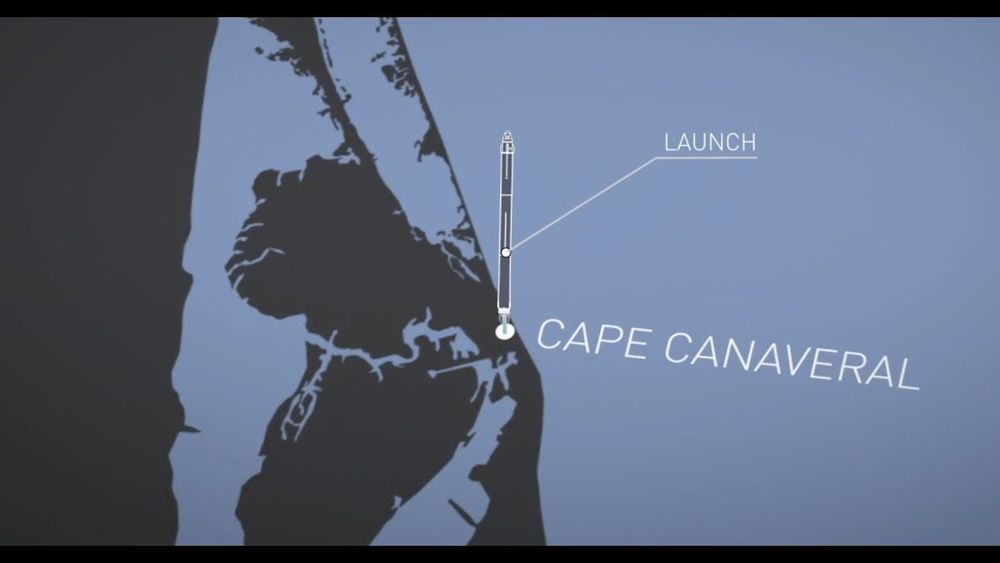Jan 13, 2020
Tuning optical resonators gives researchers control over transparency
Posted by Saúl Morales Rodriguéz in categories: mathematics, quantum physics
In the quantum realm, under some circumstances and with the right interference patterns, light can pass through opaque media.
This feature of light is more than a mathematical trick; optical quantum memory, optical storage and other systems that depend on interactions of just a few photons at a time rely on the process, called electromagnetically induced transparency, also known as EIT.
Because of its usefulness in existing and emerging quantum and optical technologies, researchers are interested in the ability to manipulate EIT without the introduction of an outside influence, such as additional photons that could perturb the already delicate system. Now, researchers at the McKelvey School of Engineering at Washington University in St. Louis have devised a fully contained optical resonator system that can be used to turn transparency on and off, allowing for a measure of control that has implications across a wide variety of applications.
